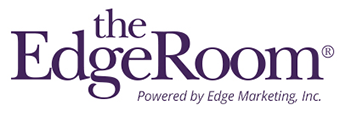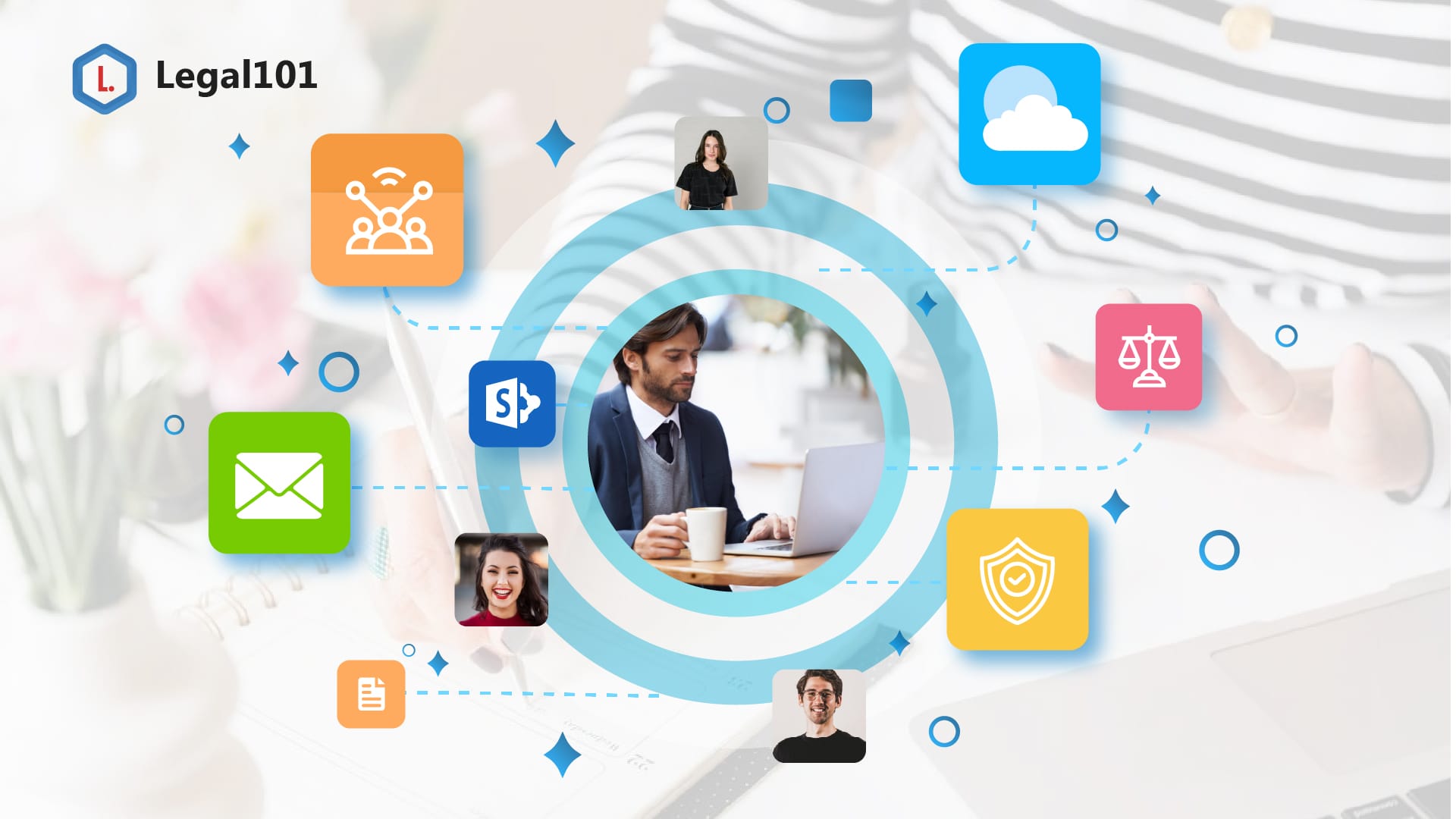https://www.theedgeroom.com/wp-content/uploads/2023/01/edge-room-updated-1.png
0
0
Tanya Amyote
https://www.theedgeroom.com/wp-content/uploads/2023/01/edge-room-updated-1.png
Tanya Amyote2024-07-24 10:14:082024-07-24 10:26:02UTMs: Taking your social media analysis to the next level
https://www.theedgeroom.com/wp-content/uploads/2023/01/edge-room-updated-1.png
0
0
Tanya Amyote
https://www.theedgeroom.com/wp-content/uploads/2023/01/edge-room-updated-1.png
Tanya Amyote2024-06-19 12:02:402024-06-19 12:02:40Why Brand Awareness Matters
https://www.theedgeroom.com/wp-content/uploads/2023/01/edge-room-updated-1.png
0
0
Tanya Amyote
https://www.theedgeroom.com/wp-content/uploads/2023/01/edge-room-updated-1.png
Tanya Amyote2024-06-17 08:55:022024-06-17 09:08:222024 ALA Annual Conference & Expo (#ALAConf24)
https://www.theedgeroom.com/wp-content/uploads/2023/01/edge-room-updated-1.png
0
0
Tanya Amyote
https://www.theedgeroom.com/wp-content/uploads/2023/01/edge-room-updated-1.png
Tanya Amyote2024-06-03 08:02:082024-06-03 08:02:082024 ALA Annual Conference & Expo (#ALAConf24)
https://www.theedgeroom.com/wp-content/uploads/2023/01/edge-room-updated-1.png
0
0
Tanya Amyote
https://www.theedgeroom.com/wp-content/uploads/2023/01/edge-room-updated-1.png
Tanya Amyote2024-05-29 15:37:052024-06-03 07:47:492024 ALA Annual Conference & Expo (#ALAConf24)
https://www.theedgeroom.com/wp-content/uploads/2023/01/edge-room-updated-1.png
0
0
Tanya Amyote
https://www.theedgeroom.com/wp-content/uploads/2023/01/edge-room-updated-1.png
Tanya Amyote2024-05-20 11:10:102024-05-20 11:10:10Advancing Legal Operations: Insights from the CLOC Global Institute (#CGI2024)
https://www.theedgeroom.com/wp-content/uploads/2023/01/edge-room-updated-1.png
0
0
Tanya Amyote
https://www.theedgeroom.com/wp-content/uploads/2023/01/edge-room-updated-1.png
Tanya Amyote2024-05-10 08:08:042024-05-10 08:08:04CLOC Global Institute (#CGI2024) - Wednesday, May 8
https://www.theedgeroom.com/wp-content/uploads/2023/01/edge-room-updated-1.png
0
0
Tanya Amyote
https://www.theedgeroom.com/wp-content/uploads/2023/01/edge-room-updated-1.png
Tanya Amyote2024-05-08 10:24:292024-05-08 10:24:29CLOC Global Institute (#CGI2024) - Tuesday, May 7
https://www.theedgeroom.com/wp-content/uploads/2023/01/edge-room-updated-1.png
0
0
ragav@klstinc.com
https://www.theedgeroom.com/wp-content/uploads/2023/01/edge-room-updated-1.png
ragav@klstinc.com2024-03-21 10:39:012024-03-21 10:39:01Beyond Communication, Building Connections: Law Firm Intranet for Employee Engagement
https://www.theedgeroom.com/wp-content/uploads/2023/01/edge-room-updated-1.png
0
0
ragav@klstinc.com
https://www.theedgeroom.com/wp-content/uploads/2023/01/edge-room-updated-1.png
ragav@klstinc.com2024-02-14 10:17:572024-02-14 10:17:57In this 30-minute webinar, we’ll show a live demo of how the imDocShare One Teams app enables you to experience the real-time co-authoring of iManage content in Microsoft Teams.








